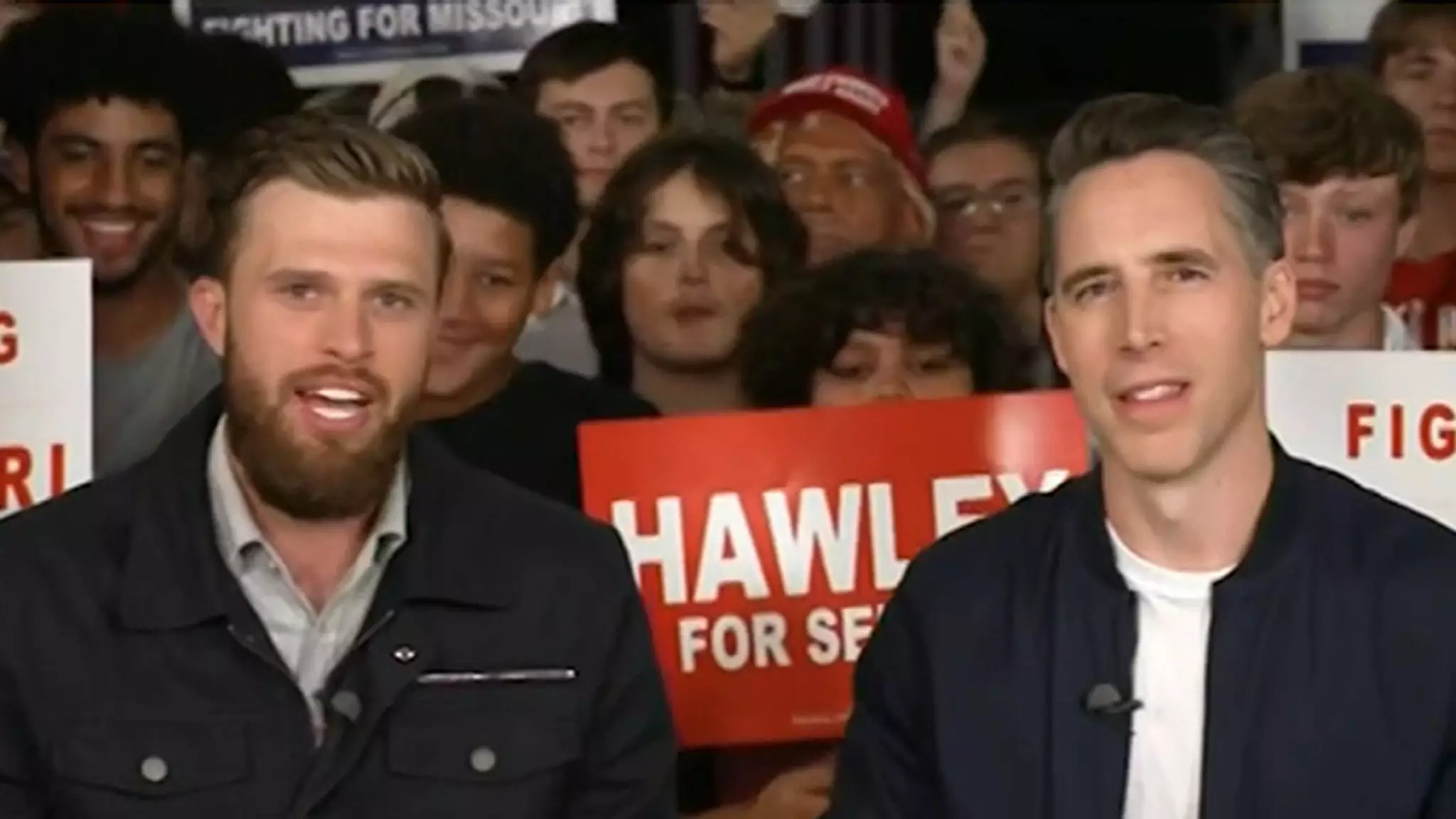In recent years, the intersection of sports and politics has become increasingly prominent, with athletes often using their platforms to voice their beliefs. One such athlete is Harrison Butker, the kicker for the Kansas City Chiefs, who recently made headlines for his ardent support of Donald Trump and his pro-life stance. This article examines the implications of Butker’s statements and the broader context of political engagement among professional athletes.
During a campaign event for Senator Josh Hawley in Missouri, Butker declared, “I’m supporting the president that’s going to be the most pro-life president.” At just 29 years old, he emphasizes that the pro-life issue is not only critical to him personally but also should be prioritized as a societal obligation to protect the most vulnerable—namely, the unborn. His perspective is grounded in his strong religious beliefs, which dictate his views on morality and ethical responsibility. This aligns with a growing trend of athletes using their visibility to champion specific causes, thereby influencing public discourse.
While many may commend Butker for his commitment to pro-life advocacy, it’s important to consider the influence such declarations can have on fans and the public. Athletes often possess significant sway in shaping opinions, particularly among younger audiences who may look up to them as role models. This raises questions about the responsibility that comes with such influence. Are athletes like Butker aware of the potential ramifications of their political statements, and do they consider the diverse views held by their fan base?
Butker’s endorsement of Trump is notable, especially in a sports culture that sometimes leans toward more progressive ideals. His remarks came as no surprise, considering the increasing number of athletes openly expressing political affiliations. However, the landscape is not uniform; other notable figures from the Chiefs’ organization, such as Travis Kelce, remain politically ambiguous. The varying degrees of political expression within the same team illustrate the complexities inherent in athlete endorsements and political discourse.
Moreover, Butker’s comments were not limited to his political support; he addressed past criticism of his commencement speech, in which he was accused of being misogynistic. He articulated his intent to highlight the value of traditionally female roles without belittling them, illustrating a nuanced understanding of gender issues. However, the backlash he faced prompts a discussion about societal perceptions of gender roles and how they intersect with personal beliefs.
As the countdown to the election continues, public figures like Butker will undoubtedly remain in the spotlight, influencing perceptions around critical issues. The upcoming election, marked by stark divisions and passionate advocacy, will test the waters of athletic engagement in politics further. For Butker, aligning himself with pro-life sentiments as a defining characteristic of his support for Trump may resonate deeply with some while alienating others. As athletes increasingly step onto the political stage, the conversation surrounding their motives and the implications of their influence will only become more pronounced.

Leave a Reply